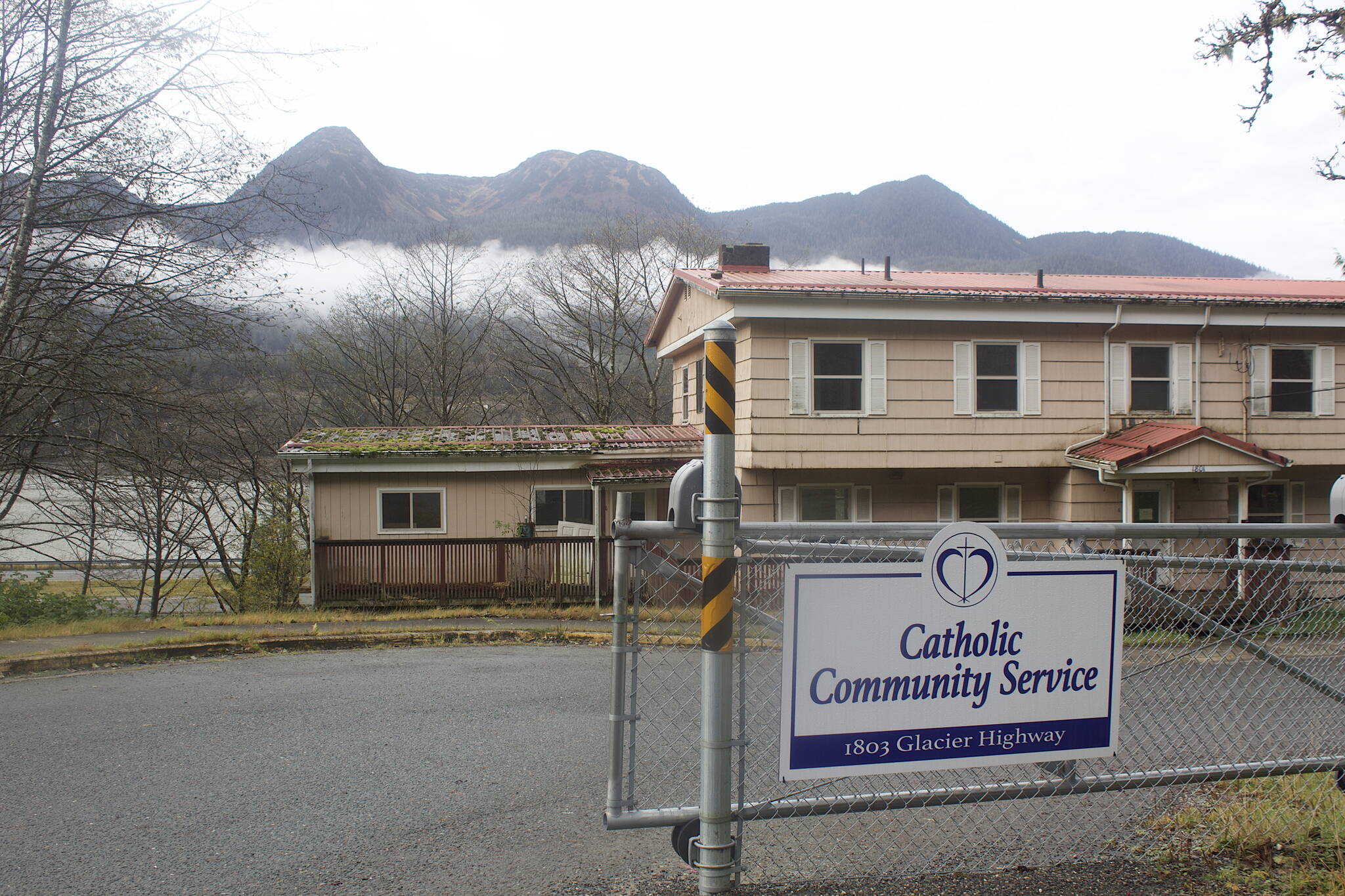A plan to establish a new Home Health and Hospice program in Juneau operated by Bartlett Regional Hospital is now underway, including applying for the necessary state licenses, but the process is likely to take at least a couple of months and in a worst-case scenario could take a couple of years, hospital officials said Tuesday.
In the meantime, efforts to bolster elderly care will begin using a $2.5 million grant awarded to a local coalition that will use the funds to recruit, training and supplement salaries of employees at entities providing such services, according a board member of the coalition who also oversaw the just-halted hospice program.
The hospice transition plan, presented to the hospital’s board of directors at its meeting Tuesday evening, was agreed upon last week a couple of days before Catholic Community Service shut down the Juneau Hospice and Home Care program it had operated for 20 years, according to Bartlett Chief Executive Officer David Keith. He said the licensing process can take 30 to 90 days and the implementation afterward can take a similar amount of time.
“I’ve not been told (by staff) how quickly we can do this because I’m not sure they know how quickly we can do this,” he said. “The state is anxious for us to get our licensure material in because they know how urgent this is.”
The enrollment process for a new entity providing hospice and home care services, including Medicaid and Medicare billing authority, can take nine months to two years, said Nate Rumsey, the hospital business development and strategy manager. But Bartlett administrators and attorneys said they are hopeful the longer implementation process can be avoided since the hospital already provides some similar services and has billing authority with those two agencies.
“We’re still doing our due diligence and trying to get a better understanding of what the timelines might look like,” he told the board.
Keith said the hospital plans to work in partnership with CCS to ensure a smooth transition, including possibly hiring some former CCS staff, implementing the agency’s billing system and acquiring some of its equipment. He said the hospital has also hired a staff member scheduled to start in November “who comes with huge experience in this space,” and an experienced Alaska-based hospice and home care provider is expressing interest in a joint venture with the hospital.
It is possible Bartlett could obtain a provisional license that could shorten the timeline for some hospice and home care services, said Barbra Nault, an attorney for the hospital, in response to a question from a board member asking if such an option exists legally. But Nault said there may not be undue urgency when it comes to providing some home care services during the transition period.
“I think it would be fair to share Catholic Community Service is, based on the meeting we had (Monday), still providing volunteer services,” she said. “They also have an equipment closet — a loaner closet — where they can provide equipment like beds and the types of things people might need for home care and they are continuing to facilitate that.”
CCS ceased its hospice and home care services Oct. 19 due to staffing and funding shortages, a problem affecting hospice and health care entities nationwide. The program stopped accepting new patients at the beginning of September, allowing for something of a phase-out as many home care patients recovered from their ailments and those remaining under CCS care were referred to their primary care providers to arrange alternative arrangements.
There are still three volunteer chaplains offering hospice services such as grievance counseling and “seven or eight” long-time hospice volunteers at CCS able to provide limited services such as delivering meals on wheels, said Erin Walker-Tolles, the agency’s executive director.
“I know we’re all concerned about how do we meet that community need during the transition, which is why we talked about maintaining volunteerism for end-of-life during this transition period,” she said.
Walker-Tolles said CCS is also talking to Bartlett officials about working in cooperation to provide non-clinical services since “we are still set up to provide non-critical care through hospice.”
Further assistance to many such patients is anticipated via a $2.5 million grant to Southeast Regional Eldercare Coalition, said Walker-Tolles, adding she learned about the allocation Wednesday as a board member of the group that includes the Juneau Economic Development Council and Juneau Commission on Aging.
The funds will be used to try to overcome the difficulty health care organizations are having hiring qualified staff, training new employees and paying sufficient wages to retain them, Walker-Tolles said.
“We’re looking to partner with agencies that already have these workers,” she said.
• Contact reporter Mark Sabbatini at mark.sabbatini@juneauempire.com

